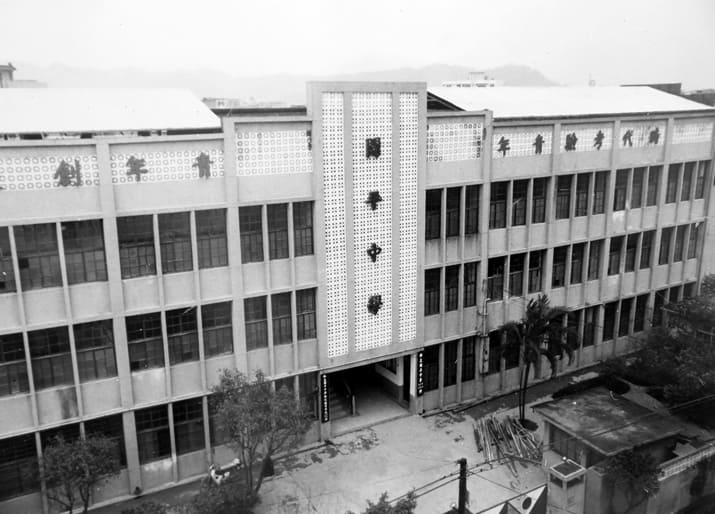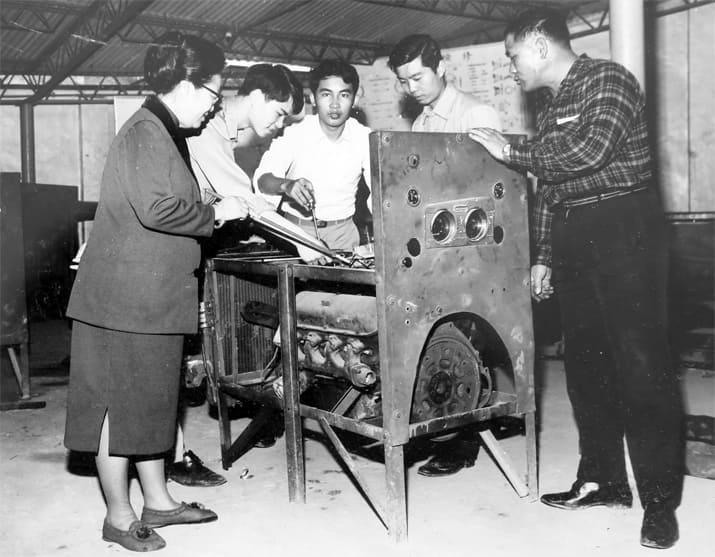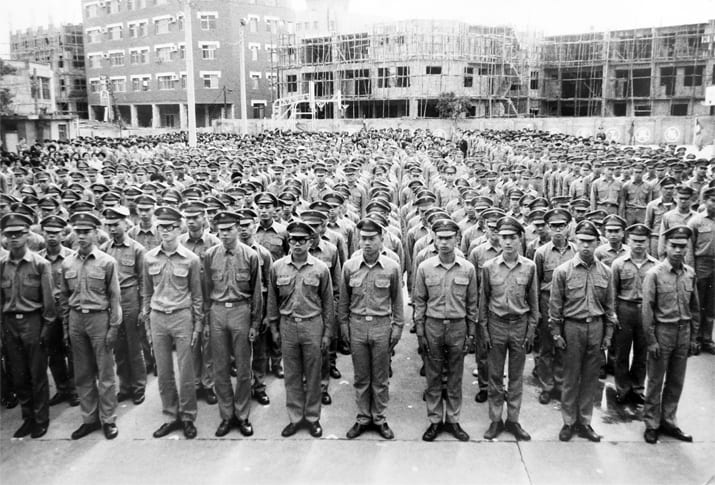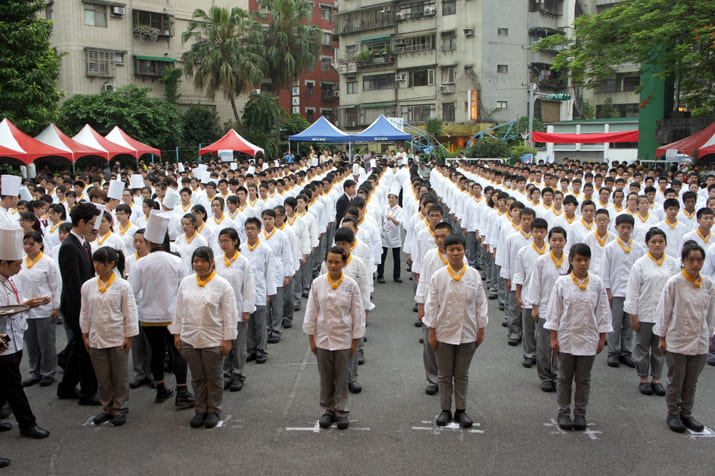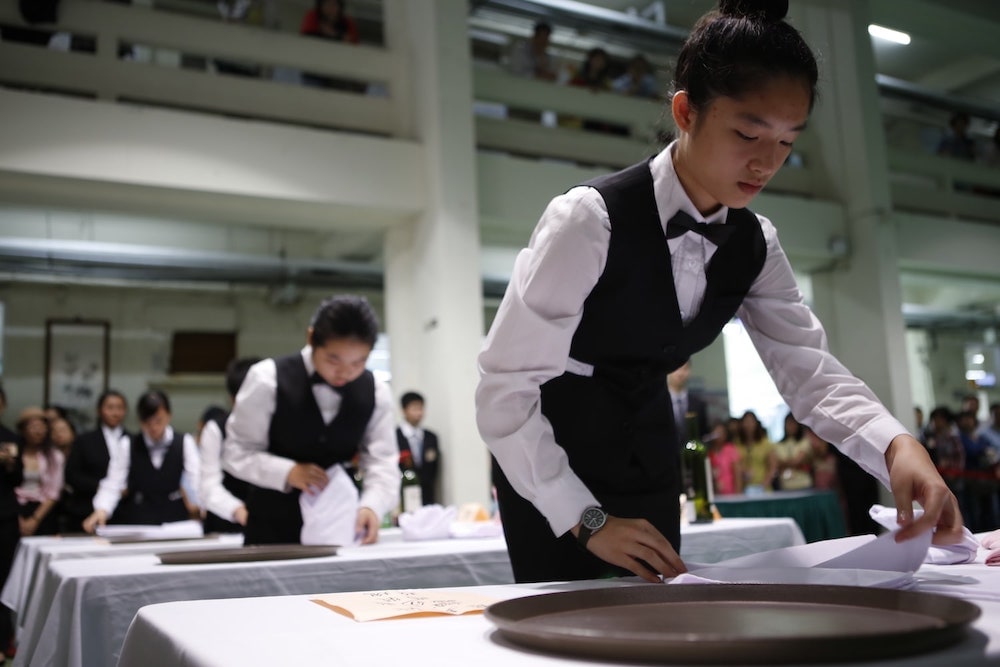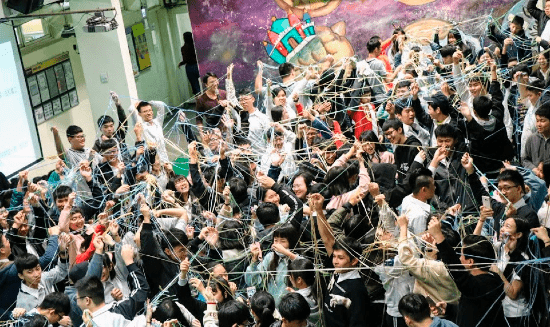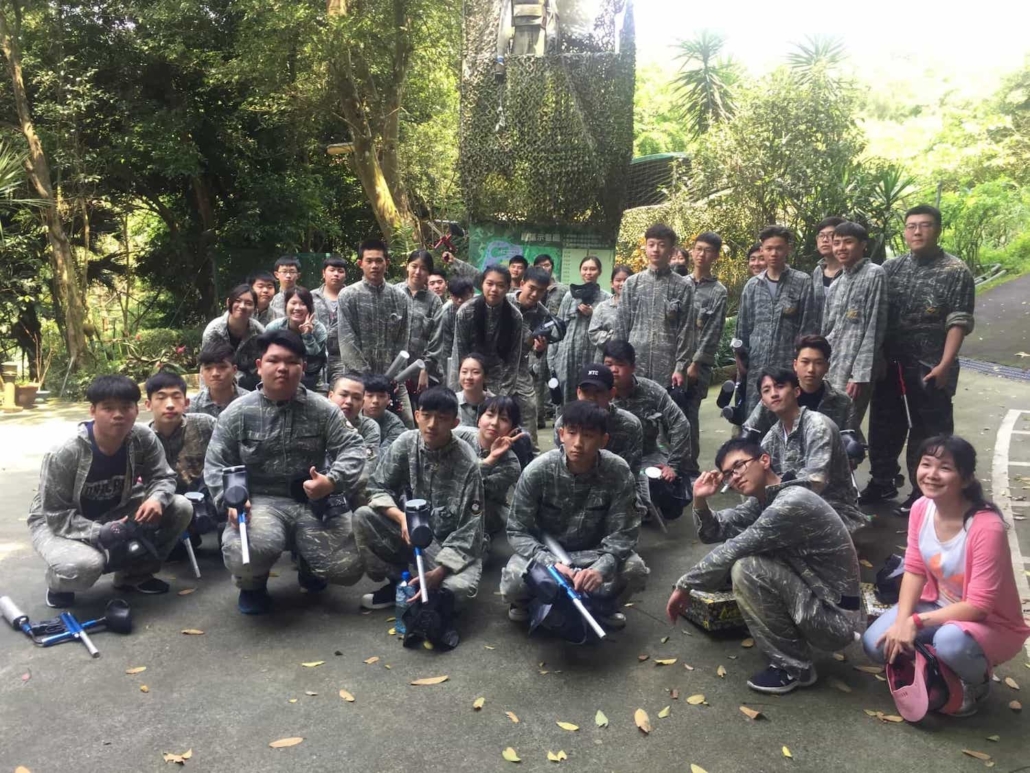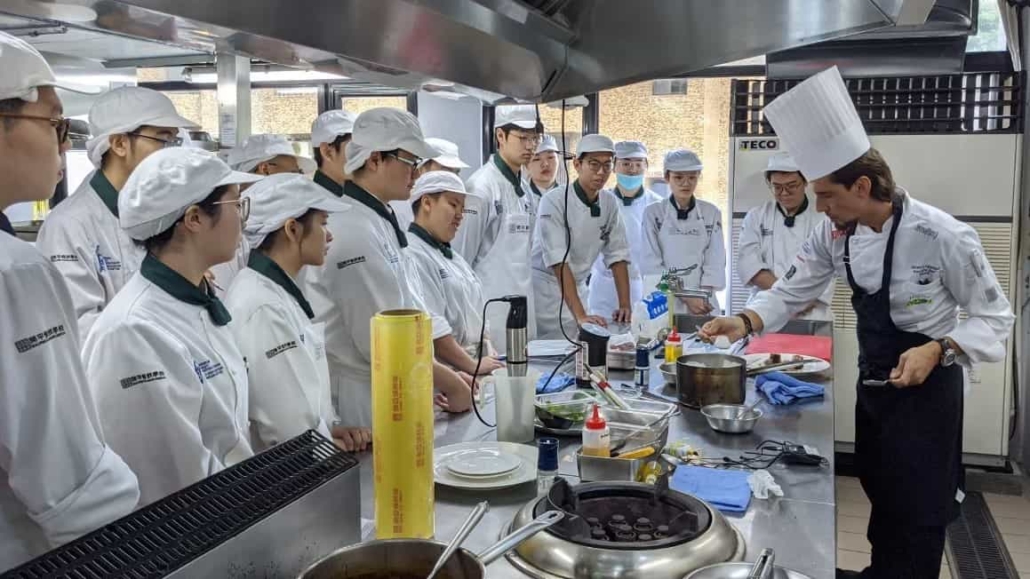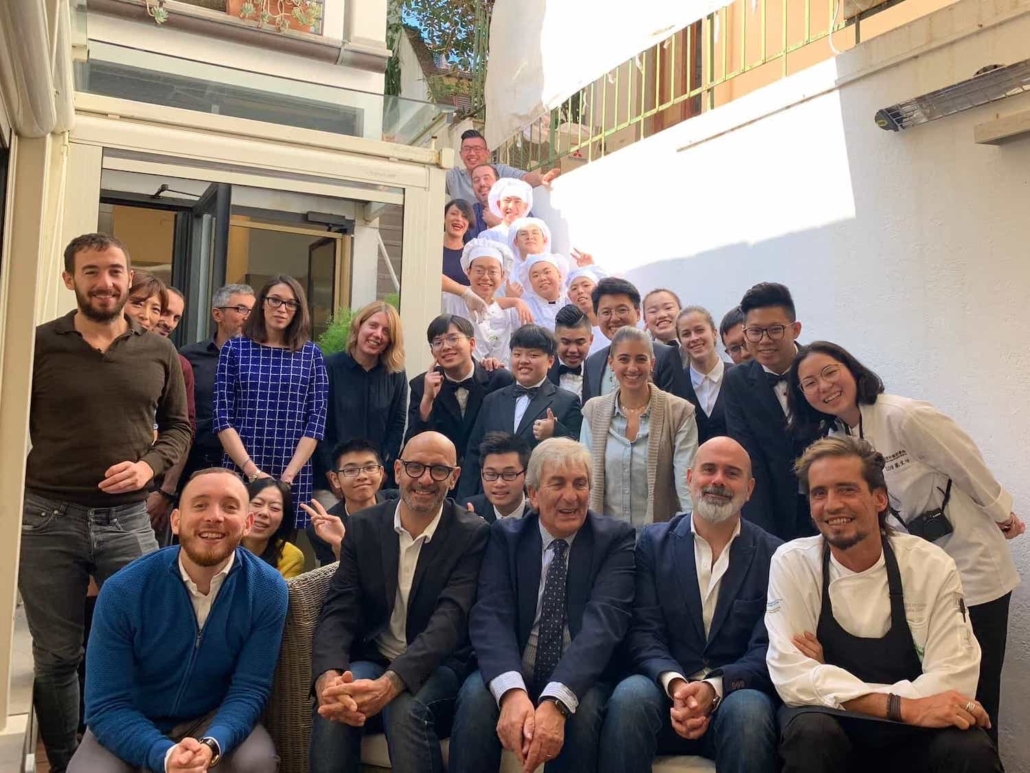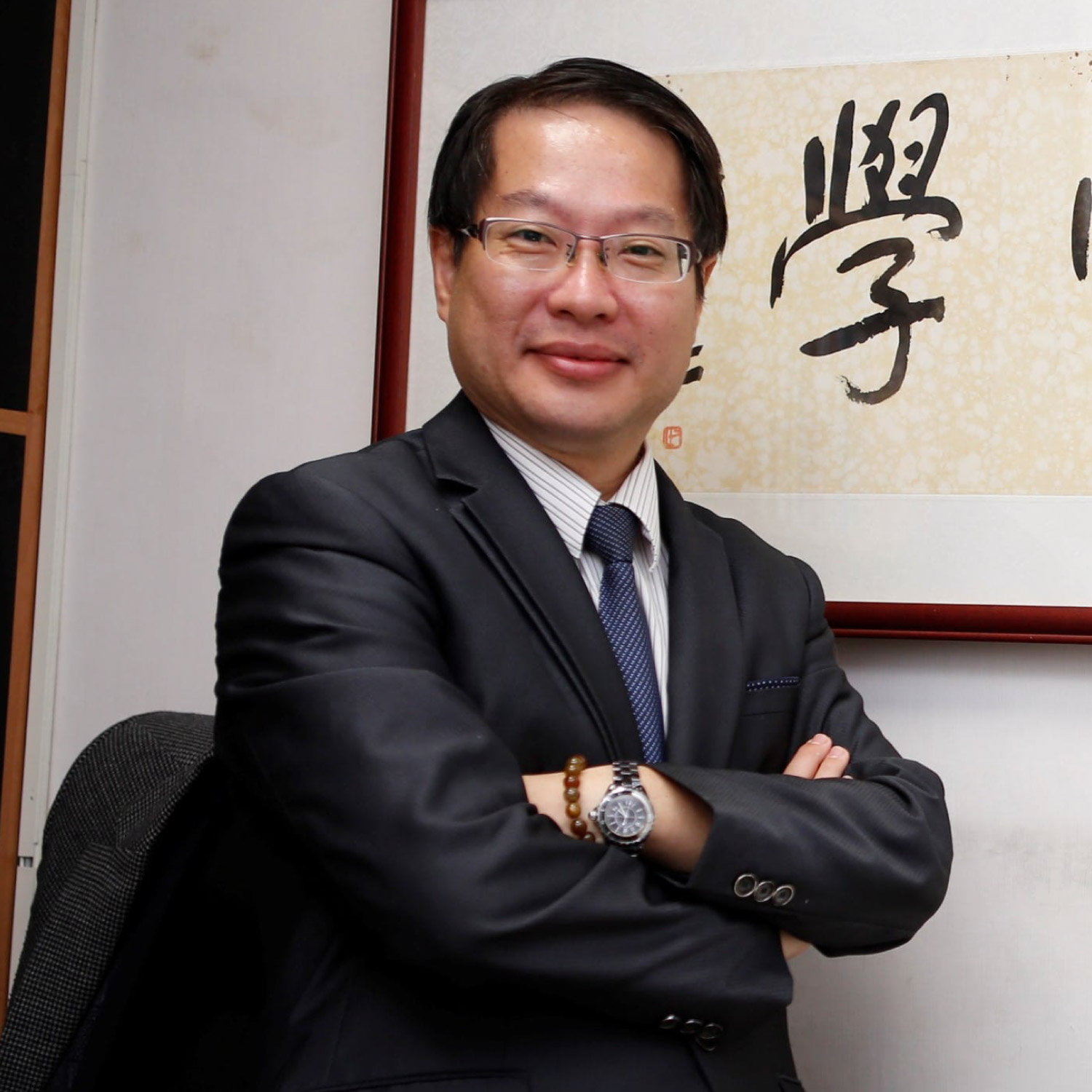“Kai Ping Culinary School” originated from the “Private Kai Ping High School,” founded in 1953 by Dr. Hsia, Yao-Shan. The choice of the name “Kai Ping” reflects the aspiration to nurture young generations as societal pillars for the elimination of scarcity and turmoil and to “carry forward the ancient sages’ forgotten wisdom and pave the way for eternal peace.”
In 1956, under the leadership of the first principal, Feng, Liang-Tu, the School added a daytime division of the senior high school, evolving into a six-year secondary education institution. In line with government policies promoting vocational training, it was restructured into “Kai Ping Industrial and Commercial Vocational School.” Over time, it added departments such as Electronics Repair, Automotive Repair, Electrical Engineering, and General Business. With the advent of the information era, it further expanded to include Computer Science and Data Processing department to promote the application of computer technology, marking a glorious period in vocational technical education.
In 1990, under the leadership of the second principal, Hsia, Hui-Wen, the Kai Ping Culinary School integrated the spirit of humanities into its educational philosophy. Recognizing the transformative potential of the culinary profession, the School introduced the Culinary Department in 1991, pioneering a trend among culinary schools. This initiative included hosting ancient master-apprentice ceremonies and developing interdisciplinary integrated themes in the curriculum, laying the foundation for open and innovative education at the School. Over the past three decades, the “Culinary Department” has demonstrated the most transformation, with the School focusing on professional culinary education, gradually phasing out other departments while actively embracing humanities, promoting Guanxiology, learning through doing, interdisciplinary thematic teaching, legal education, platform dialogues, and the sandwich-style internship system. The establishment of the simulated-reality teaching restaurant “La Maison des Chefs” and the PTS teaching method are among these innovations. Students at the Kai Ping Culinary School not only grow in a healthy, balanced, and joyful environment but also excel in various culinary competitions, contributing to a fresh, dynamic perspective on culinary education and setting a new standard for vocational education reform in Taiwan. The culinary world’s adage, “National Kaohsiung University of Hospitality and Tourism in the south, Kai Ping Culinary School in the north,” reflects the external recognition of the School’s achievements.
In 2005, with the appointment of the third principal, Lo, Chun-Yen, the goal was set to create the premier culinary school in the nation. In 2007, the School was officially renamed the “Kai Ping Culinary School.” Principal Lo elevated the culinary arts to a level of aesthetic and cultural sophistication, aiming to establish the School as a palace of Eastern culinary arts. During his tenure, he deepened the development of innovative integrated education and promoted “service learning,” with students’ “Sharing Power Courses” reaching as far as Sichuan, China and northern Thailand, “, and the School further honored with a Distinction Award in the National Senior High School Service Learning Creativity Competition. The Kai Ping team was thrice nominated for the Ministry of Education’s Award for Teaching Excellence and hosted the Deaflympics closing banquet in 2009, impressively catering various delicious dishes for 3,500 guests from 80 countries, leaving a lasting impression. The School also hosted two international middle school culinary challenges, truly bringing students out into the world and bringing the world into the classroom, advancing their global perspective.
In 2013, under the guidance of the fourth principal, Ma, Chia-Yen, vocational education witnessed a surge in innovative experimentation. With the core philosophy of “recognizing the diverse potentials of students and promoting innovative international education,” the School received the “Recognition of Quality Culinary Education” from Worldchefs in 2015. In 2016, it introduced an international culinary experimental class and in 2019, a culinary magnet experimental class. By building on its professional culinary foundation and integrating PTS education with interdisciplinary curriculum design, the School continues to stay current, optimizing its courses to meet social trends and amplify the culinary sophistication of its educational offerings.
